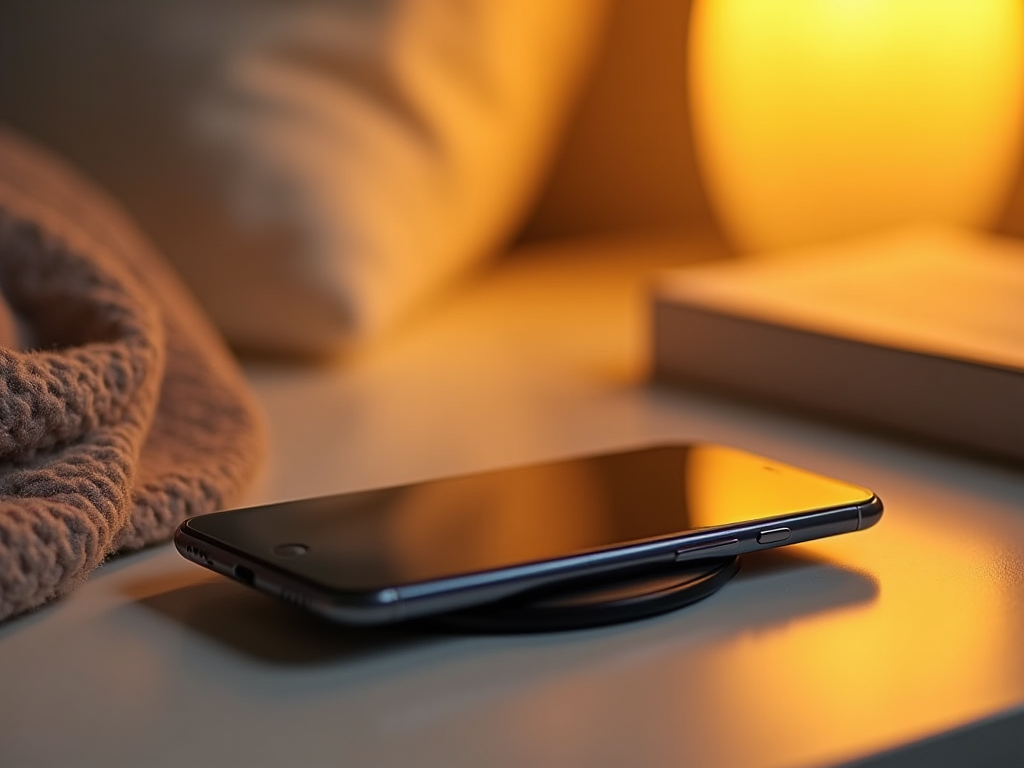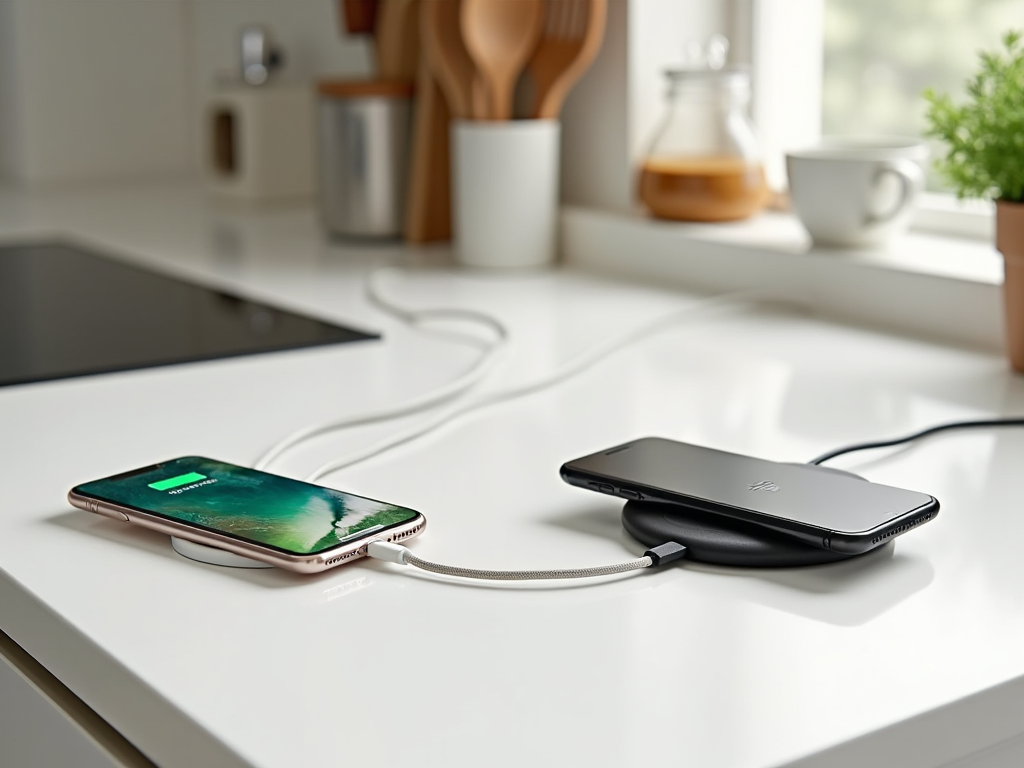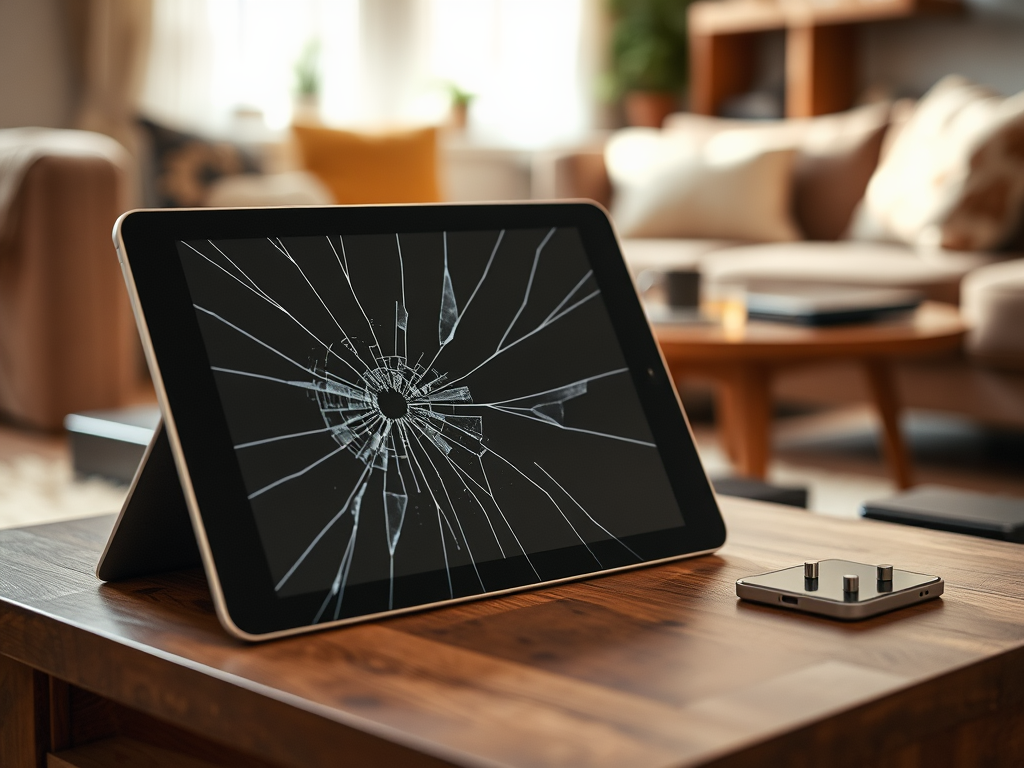As our reliance on electronic devices continues to grow, the methods we use to keep them powered are increasingly relevant. A common debate in tech circles is whether wired charging or wireless charging reigns supreme. On one hand, you have the traditional wired chargers that plug directly into devices, ensuring a reliable connection. Conversely, wireless charging offers a touch of modern convenience, eliminating the need for cables altogether. Each method presents unique benefits and drawbacks, making it imperative for consumers to understand the distinctions. In this article, we’ll dive deep into the advantages and disadvantages of both wired and wireless charging, helping you make an informed choice.
What is Wired Charging?

Wired charging is the traditional method most users are familiar with. This technique involves using a company-specific or universal cable to connect directly to the charging port of the device. Common connector types include USB-C and Lightning cables, which are found in countless smartphones, tablets, and laptops today. The charging speed can vary widely, depending on the power adapter used; higher wattage adapters typically provide faster charging times. This method is not only straightforward but has been the gold standard for portraying efficiency. Yet, there are aspects to consider regarding user experience and device longevity.
Advantages of Wired Charging
- Speed: Wired charging generally offers faster charging rates, allowing devices to charge significantly quicker than most wireless options.
- Reliability: A direct connection means less risk of losing charge – you’ll enjoy a consistently stable power flow.
- Compatibility: Wired chargers are universally compatible with a range of devices across various brands.
Disadvantages of Wired Charging
- Port Wear: Frequent insertions can wear down ports over time, leading to potential connectivity issues.
- Limited Mobility: Being tethered to a wall socket poses restrictions on movement while using the device.
What is Wireless Charging?

Wireless charging utilizes electromagnetic fields to transfer energy, allowing devices to charge without the use of physical connectors. Standard technologies such as the Qi standard are commonly used, offering a seamless charging experience. The appeal lies in the convenience of placing a device on a charging pad and walking away, free from the constraints of cables. However, the technology isn’t without its shortcomings. Understanding how different devices interact with wireless chargers is essential if you want to maximize efficiency. It also raises questions about charging times and device compatibility.
Advantages of Wireless Charging
- Convenience: No more fumbling with cables; simply place your device on a pad to start charging.
- Minimal Wear on Ports: Wireless charging reduces wear on charging ports, allowing devices to maintain their integrity for longer.
- Versatility: Many wireless chargers can accommodate multiple devices simultaneously, eliminating the need for multiple cords.
Disadvantages of Wireless Charging
- Charging Speed: Wireless options generally lead to slower charging speeds when compared to wired methods.
- Alignment Issues: Proper alignment is necessary for efficient charging, which can sometimes be cumbersome.
- Cost: Investing in wireless charging technology can be pricier than traditional wired options.
Comparing Performance: Wired vs. Wireless
A direct comparison between wired and wireless charging reveals notable differences when it comes to performance. Here’s a table that illustrates some of the metrics on which both methods can be judged:
| Feature | Wired Charging | Wireless Charging |
|---|---|---|
| Charging Speed | Fast (up to 100W) | Moderate (typically up to 15W) |
| Port Reliability | Wear and tear over time | None; port-free |
| User Experience | Traditionally user-friendly | Convenient, but requires alignment |
The user experience greatly varies between wired and wireless charging. With wired charging, the straightforward plug-and-play approach works well in environments where fast power delivery is essential, such as during commutes or while working. Users can continue to use their devices without much hindrance. Wireless charging, on the other hand, excels in convenience at home or the office, where users can simply place their devices on a stand while working. The flexibility provided by wireless options can create a more organized and cable-free environment, although it may sacrifice speed. Overall, the choice largely depends on your lifestyle and charging habits.
Conclusion
In conclusion, the debate between wired and wireless charging encompasses more than just personal preference; it invites consideration of factors such as speed, convenience, and reliability. Wired charging stands out for its rapid charging capabilities and the assurance that comes with a stable connection. However, wireless charging triumphs in terms of convenience and minimal wear on devices. Ultimately, the decision boils down to which aspects are most important to you. Balancing these factors can lead to a more satisfactory charging experience tailored to your daily routine.
Frequently Asked Questions
- What is the main difference between wired and wireless charging? Wired charging connects directly with a cable, while wireless charging uses induction to transfer power without cables.
- Is wireless charging slower than wired charging? Yes, wireless charging typically has slower charging speeds compared to wired options.
- Can I use my device while charging wirelessly? You can generally use your device while charging wirelessly, but it may need to be aligned correctly on the charging pad.
- Will using wireless charging damage my battery? No, using a quality wireless charger doesn’t harm your battery and can even offer optimization features.
- Is it worth investing in a wireless charger? If convenience and reduced wear on charging ports are important to you, investing in a wireless charger can be beneficial.



